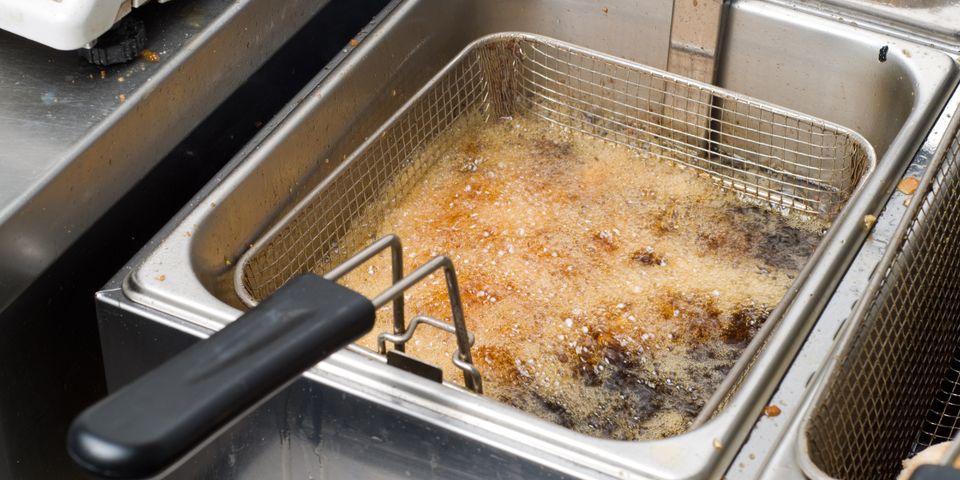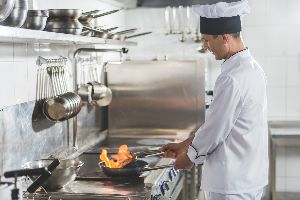A Guide to Grease Trap Maintenance

Every year, cooking oil and other fats and greases are behind almost half of all sewer overflows in the United States. Because fats, oils, and greases (FOGs) harden into a solid form when cool, they can effectively seal off sewer outlets and other pipes, causing issues. Fortunately, a grease trap service can help prevent further problems. The following guide discusses how grease traps affect the food service industry and how to minimize your risk of overflows.
How Do Grease Traps Work?
Grease traps, also called grease interceptors, are plumbing devices that filter out cooking oil and other fats from wastewater before they enter your pipes and local water supply and sewage systems. Smaller grease traps can be built into your kitchen’s wastewater system near sinks and dishwashers, while larger varieties containing up to several thousand gallons are usually buried outside of restaurant exteriors.

Most traps consist of two chambers. When wastewater flows into the first chamber, excess grease is captured, and it then floats to the surface of the water as it solidifies and the cleaned water moves into the second chamber. This grease must be periodically pumped out to keep the system functioning as designed.
Because spent cooking oil can cause a wide range of costly problems for municipal sewer systems, many local authorities require large or commercial kitchens in restaurants to use grease traps.
When Should It Be Cleaned?
Generally, it should be pumped once the grease inside accounts for roughly 25% of the tank’s liquid depth. Most commercial kitchens build up this amount of grease after anywhere from one to three months, although grease traps in larger kitchens doing more frequent business may require more regular emptying.
To determine how often you’ll require grease trap services, monitor the rate at which FOGs accumulate in your trap over the course of a week. A health inspector may also be able to advise you on whether you require more or less frequent pumping.
When restaurant owners want the most reliable grease trap service in Winchester, VA, and the Shenandoah Valley, they turn to Valley Proteins, Inc. Backed by over 70 years of professional experience, these specialists are capable of handling the sanitation needs of commercial kitchens of all sizes. In addition to grease trap pumping, they proudly offer professional cleaning, waste disposal, and preventive water jetting services to keep your grease trap in optimal condition. Visit their website to learn more about their services, and call them at (800) 871-3406 to discuss your needs.
About the Business
Have a question? Ask the experts!
Send your question

